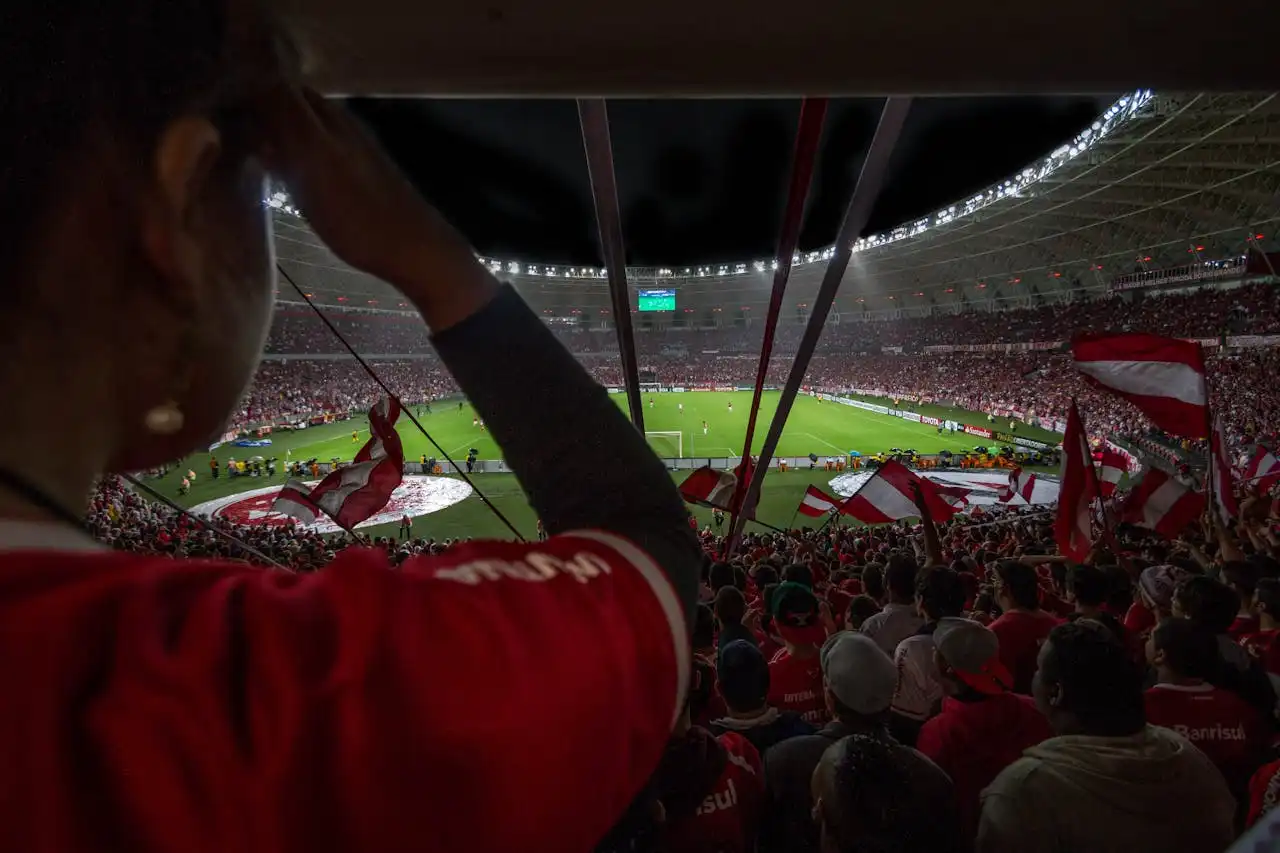The Beautiful Game, The Bottom Line: How the World Cup Became Football's Golden Goose
Muhe - Friday, 01 August 2025 | 11:55 PM (WIB)


From Passion Project to Global Powerhouse: The Rise of FIFA
To understand the money, you've got to understand the architect: FIFA. The Fédération Internationale de Football Association isn't just a governing body; it's the exclusive owner of the World Cup brand, the ultimate gatekeeper to the beautiful game's biggest stage. Over the decades, FIFA has meticulously built its empire, professionalizing the sport and, crucially, centralizing its commercial rights. This isn't just smart; it's a stroke of genius. By owning every facet of the World Cup – from the logo to the scheduling – FIFA holds all the cards. They're not just selling a product; they're selling an unparalleled global experience, and everyone, from broadcasters to big brands, wants a piece of that action.Think about it: FIFA controls who gets to show the games, who gets to sponsor them, and even where they're played. This singular control gives them incredible leverage. They've essentially cornered the market on the biggest sporting event on Earth. This unique position allows them to dictate terms and drive prices sky-high, knowing full well that the demand is insatiable.The Holy Grail: Unpacking Broadcast Rights
If the World Cup is a golden goose, then broadcast rights are its golden eggs. This is where the real big bucks come in. In simple terms, broadcast rights are the agreements that grant television networks, streaming services, and digital platforms the exclusive permission to air the matches. And boy, are these rights valuable! Why? Because the World Cup offers something almost unheard of in today's fragmented media landscape: a guaranteed, massive, live, global audience. People don't just "catch up" on World Cup matches later; they watch them live, often at inconvenient hours, because the moment is fleeting and the stakes are real.The bidding wars for these rights are legendary. Major networks like Fox in the US, BBC and ITV in the UK, or SporTV in Brazil throw astronomical sums at FIFA, sometimes bidding billions of dollars for multiple tournament cycles. Why? Because the return on investment is massive. They know that during the World Cup, eyes are glued to their channels. This means huge advertising revenue, increased subscriptions, and a massive boost to their brand image. The exclusivity is key here. If you want to watch the World Cup, you have to watch it on *their* platform. It's not rocket science; it's simply the power of demand meeting limited supply on an epic scale.
Liverpool vs Arsenal Prediction: Week 3 of the 2025/2026 Premier League
14 days ago

Rayo Vallecano vs. Barcelona Prediction: Week 3 of La Liga 2025/2026
14 days ago

Messi's Last Dance? The GOAT Hints at a Potential World Cup Farewell in 2026
15 days ago

Real Madrid vs Mallorca Prediction: Los Blancos Aim for Third Consecutive Win
15 days ago

West London Derby: Chelsea vs. Fulham Prediction, Week 3 Premier League Match
15 days ago

Manchester United vs Burnley Prediction: Tough Test at Old Trafford
15 days ago

The Roar of History: Why Almaty Ortalık Stadium Isn't Just a Venue, It's Kazakhstan's Heartbeat
15 days ago

Wayne Rooney’s Stark Warning: Can Manchester United Still Attract Elite Managers?
15 days ago

The End of the Road: Ole Gunnar Solskjaer's Turkish Adventure Concludes Abruptly at Besiktas
16 days ago

Argentina vs. Venezuela: Lionel Messi's Final Moments in Home?
16 days ago
